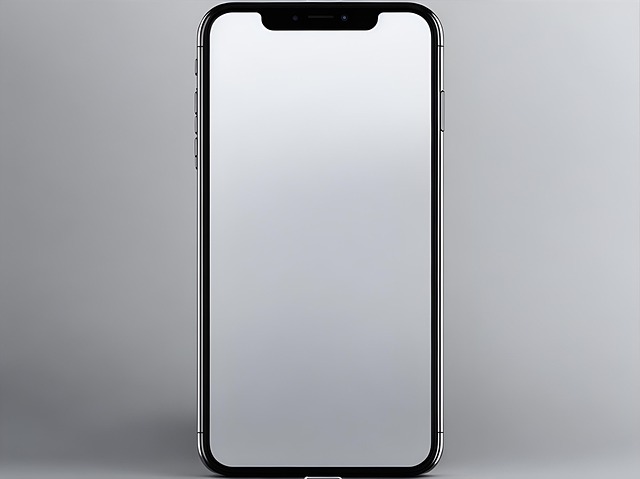In Washington D.C., strict No Call Laws prioritize consumer privacy, particularly in telemarketing. Nail salons must navigate these regulations by crafting tailored scripts that emphasize efficient service, eco-friendly products, and trendy treatments. Best practices include obtaining explicit consent, providing opt-out options, documenting call outcomes, and training staff for respectful communication. By tracking key metrics like call volume, conversation duration, and conversion rates, salons can optimize their telemarketing strategies while adhering to No Call Laws DC.
In the dynamic world of beauty services, telemarketing plays a vital role in reaching potential clients. For nail salons in Washington D.C., understanding and adhering to the region’s stringent No Call Laws is essential for legal compliance and customer relations. This article navigates the key aspects of telemarketing for DC’s nail salon industry, from comprehending legal boundaries to crafting compelling scripts, ensuring best practices, and measuring call performance, all while focusing on respectful engagement within the constraints of local No Call Laws.
Understanding No Call Laws in DC: A Legal Perspective

In the District of Columbia, respecting consumer privacy is paramount, especially regarding telemarketing practices. The state has stringent No Call Laws in place to protect residents from unwanted phone calls, including those promoting nail salon services. These laws are designed to give citizens control over their communication preferences and ensure that businesses operate ethically.
Under the DC Consumer Protection Act, businesses engaging in telemarketing activities must adhere to specific guidelines, including obtaining prior written consent before calling. This means that nail salons or their representatives should never make calls without first securing permission from potential customers. Violating these No Call Laws can result in significant fines and legal repercussions for businesses, underscoring the importance of compliance in the telemarketing landscape of DC.
Target Audience: Who Are You Reaching for Nail Salon Services?

Nail salon services in Washington D.C. have a specific target audience, primarily composed of working professionals, students, and individuals who value self-care and beauty trends. These customers are often time-constrained but still prioritize their nail care as part of their overall well-being routine. Understanding this demographic is crucial for telemarketing success within the city’s regulations, particularly considering No Call Laws DC.
When reaching out to potential clients, it’s essential to tailor your message to appeal to their needs and preferences. This might include highlighting quick and efficient service options, eco-friendly products, or specialized treatments that cater to modern beauty standards. Navigating the balance between promotional activities and respecting privacy laws, as outlined in No Call Laws DC, is key to effective telemarketing strategies for nail salons in this area.
Crafting Effective Telemarketing Scripts for D.C.'s Nail Salons

Crafting effective telemarketing scripts for D.C.’s nail salons requires a balance between promoting services and adhering to strict No Call Laws. Scripts should be concise, engaging, and respectful of potential customers’ time. Begin by introducing the salon’s unique selling points, emphasizing quality, ambiance, or specialized services that set it apart from competitors. Keep messages clear and direct, focusing on benefits rather than features. For instance, instead of listing ingredients in a new nail treatment, highlight its moisturizing effects for healthy, glowing nails.
Tailor scripts to different demographics and preferences. Offer personalized recommendations based on common nail care concerns, such as dryness or brittleness. Incorporate calls to action that align with the No Call Laws, encouraging listeners to schedule appointments online or request more information without feeling pressured. Use open-ended questions to foster conversations, allowing potential clients to share their needs and expectations. This interactive approach not only enhances customer engagement but also ensures compliance by avoiding sales pitches that might violate D.C.’s consumer protection regulations.
Best Practices to Ensure Compliance and Customer Satisfaction

To ensure compliance with No Call Laws DC and maximize customer satisfaction, nail salons should adopt best practices that prioritize respect for clients’ privacy and preferences. This includes obtaining explicit consent before initiating any telemarketing calls, offering an easy opt-out option during each interaction, and maintaining detailed records of call outcomes and client feedback.
Salons must also train their staff on effective communication strategies that focus on highlighting the benefits of services rather than relying on high-pressure sales tactics. Customizing calls to cater to individual clients’ needs and interests can significantly enhance satisfaction. Additionally, salons should promptly address any complaints or opt-out requests, ensuring a positive and respectful experience for all customers.
Measuring Success: Tracking Call Performance and Sales Conversions

Measuring success in telemarketing for nail salon services involves meticulously tracking call performance and sales conversions. It’s crucial to adhere to No Call Laws in DC, which strictly regulate when and how businesses can contact consumers by phone. To gauge effectiveness, monitor key metrics such as call volume, conversation duration, conversion rates, and customer acquisition costs. By analyzing these data points, you can identify trends, pinpoint areas for improvement, and optimize strategies to enhance overall performance.
For instance, tracking call performance might reveal that shorter calls with specific scripts yield higher conversion rates. This insight can guide the refinement of sales pitches and improve compliance with No Call Laws by ensuring interactions are concise and customer-focused. Regularly reviewing sales conversions allows you to understand which marketing efforts are driving the most business, enabling data-driven decisions for future campaigns.






